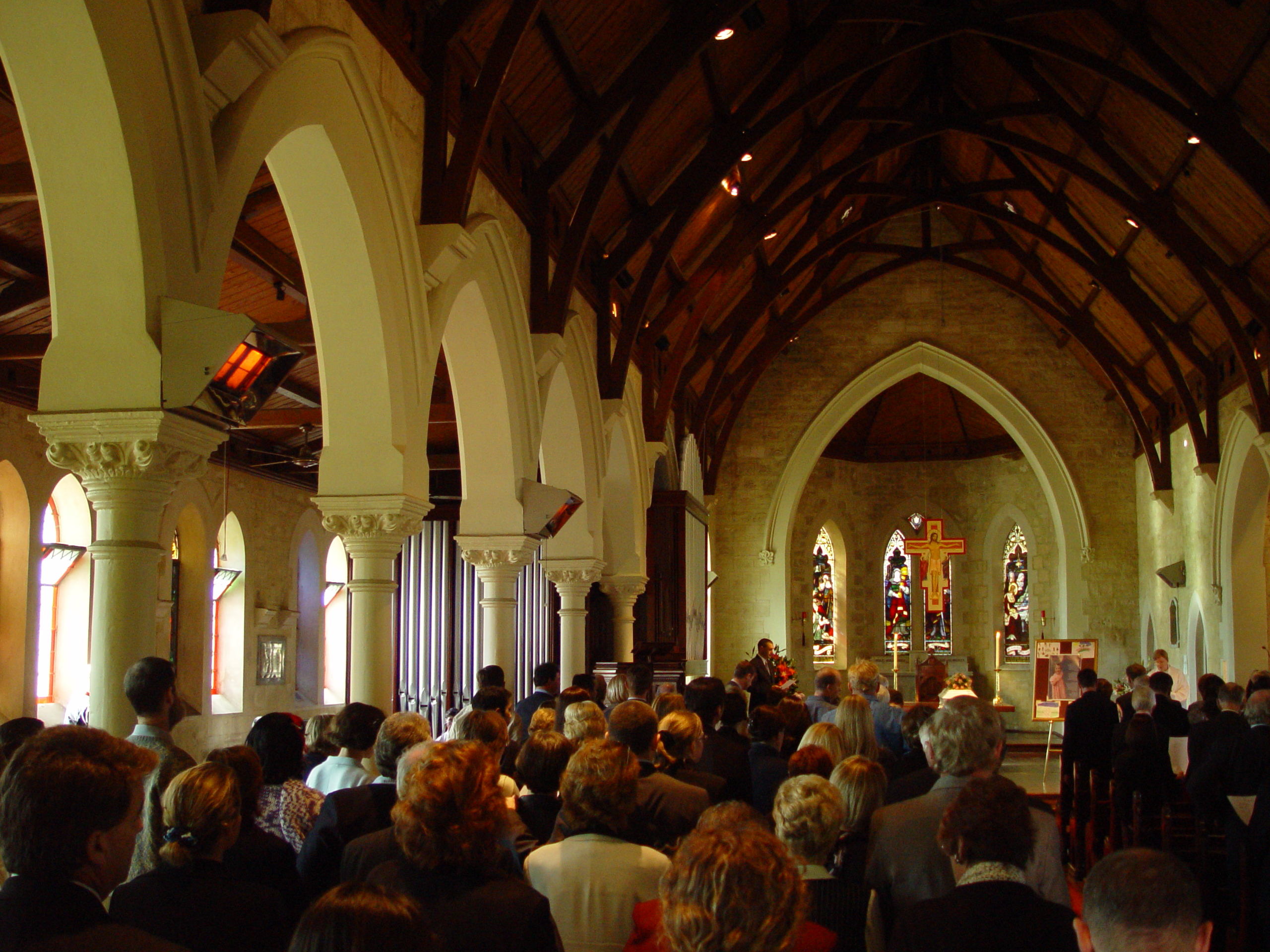Misnomer: We Become Angels?
Misnomer: We become angels when we die.
When we die, what happens? As followers of Christ, those who are dead in Christ, what happens to us? Do we become angels, to meet the requests or guide our loved ones?
I don’t think so. Not that I don’t want to think that we do, or that they’re able to do so for me. The sentiment is great, and helps ease the pain of missing them, and helps us cope. I get that, and that we don’t want to hurt. But they’re not there to guide us, or intercede on our behalf.
Getting heavy here. Look, I know, many of our readers may not agree with me here. And your disagreement is welcomed, provided it’s also bringing conversation. I’d love to chat with you!
Moving forward.
Misnomers: To Thine Own Self Be True
Please tell me I’m not alone in hearing this saying attributed to being in scripture, “To thine own self be true.” Wow. Is it a matter of conscience, a matter of identity, or a matter of morals? I’ve heard leaders say it, I’ve heard teachers at Christian colleges say it.
First, I’d like to point out that it’s actually a line from Shakespeare’s Hamlet. It is not in the Bible, nor is it a part of Christian theology. Like my previous post, it’s really opposite what Scripture teaches.
Basic Christian theology establishes the Word of God as our basis for thoughts and understanding. That all Scripture is God breathed and is useful for teaching, rebuking, etc. This is found in 2nd Timothy 3:16.
Understanding that helps to understand why this series I’m working on is important. It’s an effort to help weed out things that ARE NOT part of our scripture. We can get into debates about canonization via email if you want. But you have to, as a Christian, believe that God gave us His Word, as a tool to use for our success in winning the lost and teaching believers; For His glory. That being said, I do believe the word of God, in its canonized state is what God has for us.
Alright, stepping off the soap box, and getting back on track.
Dunk ‘Em Good – Thoughts on Baptism
Baptism seems to be a hot topic in church culture. We know that Jesus has commanded the act of baptism. But I think some people may have a misconception of what baptism is, and what it does. I know a ton of churches have analogies they use to describe what it is.
This post is designed mainly for the non-Christian, or young Christian, but I don’t think those who have been Christians for years and years can’t benefit from it. Clarification, I think it could benefit most everyone.
A little history on me, I was baptized on Easter Sunday, circa 1997. I did it for several reasons. First it thought it was the process of being saved, I didn’t wanna go to hell! Second, I chose to do it, based on recommendation of my grandparents. They always spoke of its importance. I wanted to do things right in their eyes.
Unfortunately, as kids who grow into adults, this is generally the reason, and we see so many people come for salvation and baptism, because, “It didn’t really mean anything then,” or “I didn’t know what I was doing.”
I want to be clear in saying that baptism isn’t required for salvation. “BLASPHEMY!” is what the person who stopped reading at the word ‘required,’ is saying.
Your salvation isn’t based on baptism.
As a follow up to my previous post regarding praying the prayer, and salvation, baptism is a follow up act of obedience.
“Did you pray THE Prayer?”

image from dipity.com
Hello. My name is Jarin and I’m concerned about your soul. Is it going to be in the hands of the Lord Jesus Christ? If not, let’s pray THE Prayer. This prayer is the only way you can know for sure if you’re saved. Let’s pray it, come on, let’s pray the prayer. Give your soul to the Lord.
The truth is, I am concerned for your soul. However, I won’t approach you that way. In fact, I won’t ask you to pray the prayer.
“WHAT? YOU WON’T PROMPT WITH THE PRAYER?” is probably what you’re screaming in your head.
The answer is, “no, I won’t.” I’ll show you scripture that lays out how salvation works. In fact, I plan on doing that here.
It’s been almost a couple years since this incident occurred, but I’d like to spell out the story for you.
Funday School

Image from turbophoto.com
I have had some conversations with people in instrumental moments in my life. When my leadership was still developing along with my understanding of faith-based community, the issue of Sunday school came up. The question specifically asked: “is Sunday school necessary?”
At the time I immediately asserted that, “YES! Yes it is.” I had no basis for that answer, just the fact that I’ve always gone and been a part of Sunday school leadership. I stuck to my guns in the debates and discussions. I couldn’t understand church culture WITHOUT Sunday school, or that culture would vary so vastly. Unfortunately, my ability for communication and putting ideas together were poor.
(At this time, I admired greatly a guy named Joab. He was intelligent, creative, and wasn’t afraid of tough questions, or challenging authority. Joab has since been a person who I’ve admired. I learned a lot from him, and his finesse with words has rubbed off on me a little bit. So since the discussions I had regarding Sunday School, I’ve been trying to think like Joab in an effort to answer the question.)
The idea of simply sitting in a main worship service and listening to a preacher for an hour and going home, the main fellowship that special time of handshaking awkwardly for 10 minutes tops, seemed absurd. How do you get to know people? How do you invest in the lives of others?
I have begun to investigate if my stance was correct, and if I could effectively answer the question about Sunday school, either affirming it’s necessity or proving I was wrong in my stance and understanding.
Obviously, there’s not Scripture that says specifically that “Sunday School” must take place. “Thou shalt part-take in Sunday School. 1st Hezekiah 10:30” simply doesn’t exist. So, let’s get into what is actually in scripture.


